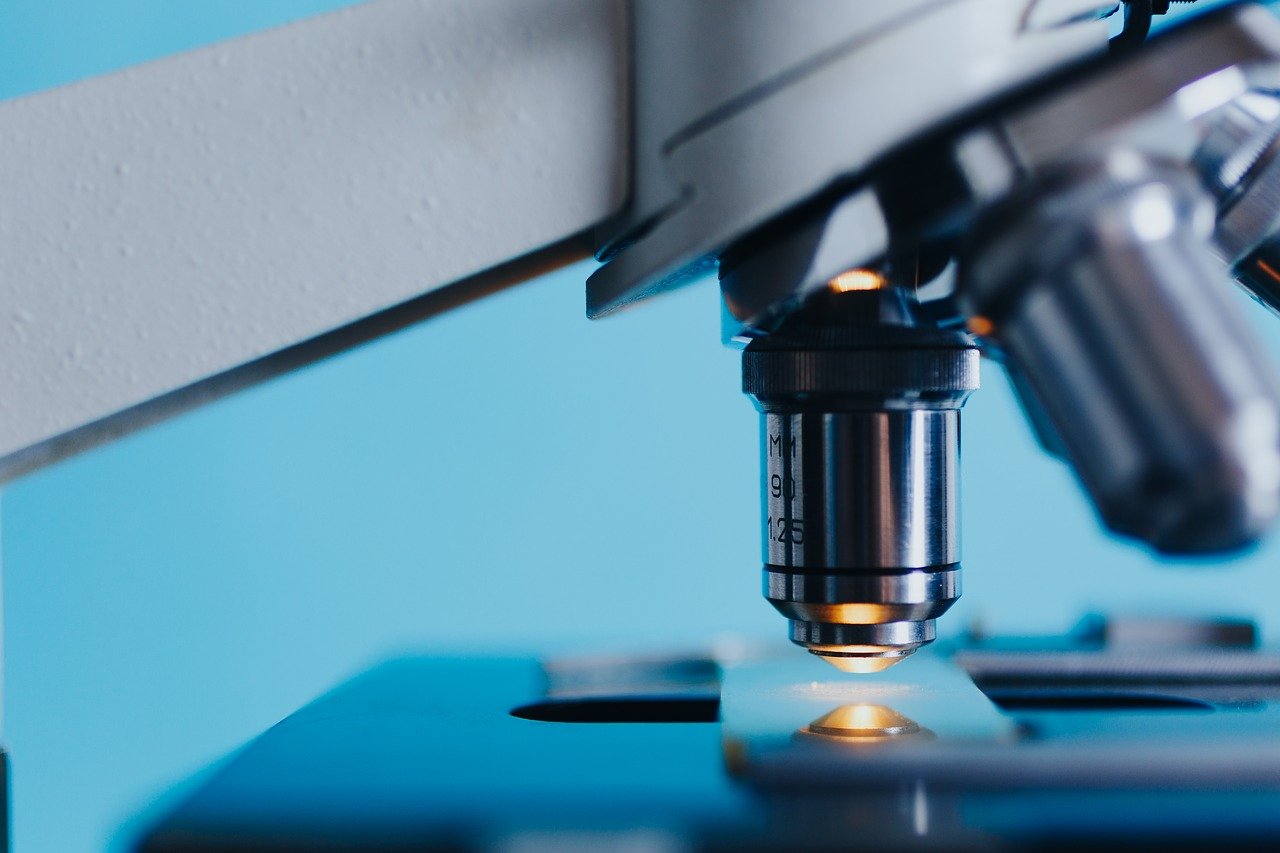We have all heard that clinical medicine has an important role in the diagnosis process.
But what exactly does it involve?
It is a very common form of medicine, which represents the general clinician services towards patients.
In this blog post, we will discuss the importance of clinical medicine curriculum offered by Caribbean medical colleges and how it can help you figure out the ways of treating and analyzing patient’s problems.
Anatomy
This course is designed to provide you with a comprehensive overview of osteo-myoarticular and peripheral nervous system anatomy.
Biochemistry
The purpose of this program is to offer you a basic understanding of the chemical aspects of the human body and its usefulness.
Early Human Development
This aims to lay a solid foundation in the early stages of human genetics and development.
Embryology
This course deals with the systems of human in embryonic and fetal stages.
Epidemiology & Biostatistics
In this section, you will learn about the practice of statistics including displaying distributions features with graphs.
Histology
Here you will acquire a good grounding of the human body organization with a slight hint of tissue preparation and microscopy.
Physiology
Besides understanding human physiology, you also get to study its function, processes, and activities of our organs.
Neuroscience
This introduces you to the structures and function of the human nervous system, as well as the disorders affecting it.
Microbiology and Immunology
Through this, you will gain a basic understanding of the concepts of immunology, as well as the dysfunctional elements of the immune system.
Pathology
You will learn about the intricacies behind the alterations in cells and tissues in response to dangerous stimuli.
Pharmacology
This includes the basic principles of pharmacology ꟷ renal, cardiovascular and blood, autonomic nervous system, pain, and inflammation, respiratory and gastrointestinal.
Behavioral Sciences
This will teach you about the biopsychosocial model of medical science.
Clinical and Community Medicine
This includes the unique patient-physician relationship and the associated skills.
Family Medicine
It is an opportunity to approach a problem in the primary care setting by developing an effective connection.
Internal Medicine
This will give you an understanding of the general process of the implementation of medical therapy to patients in diverse settings.
Pediatrics
You get to acquire an in-depth insight into the process of growth and development related to childhood conditions and common diseases.
Psychiatry
You will be trained in ways to develop a professional rapport with patients, leading to a clear understanding of psychiatric illnesses.
Surgery
This will provide you with a real-time experience of the general process of surgical therapy applications, as a multidisciplinary team member.
Following the completion of the program modules, you may decide to enter a specialized track. Enroll yourself in a Caribbean medical school today to improve your chances of earning a residency in a preferred medical field.




